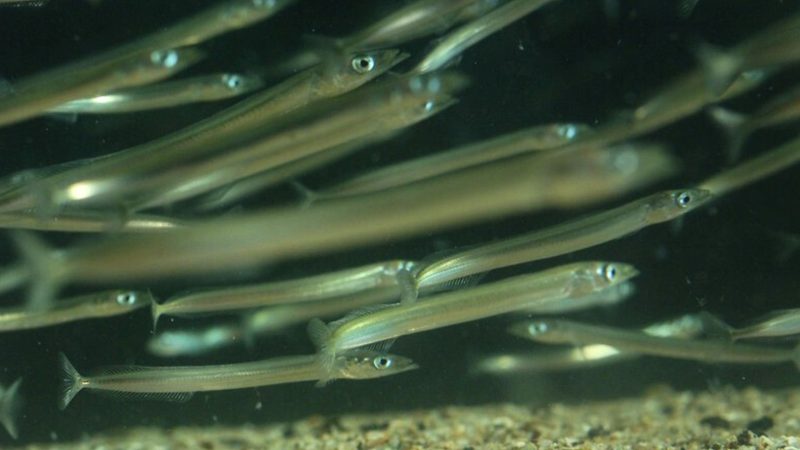Fisheries
ICES has released its roadmap for bycatch on endangered, threatened, and protected species.
Irish Fishing & Seafood Alliance has challenged EU’s assertions on the Common Fisheries Policy and Ireland is left without a full member on the PECH committee. A Russian fishing industry group has hit back at Baltic states’ insistence that the EU should take action against alleged unsustainable fishing practices.
British Overseas Territories
Experts say devastating hurricanes like Beryl so early in season is a ‘big wake-up call’ and predict even more powerful storms. Hurricane Beryl shows why a fast-acting loss and damage fund is critical as a Royal Navy patrol vessel HMS Trent is providing assistance to the Cayman Islands after the devastation.
The new UK foreign secretary has close connections to the Caribbean, and political representatives in the Cayman Islands are now set to meet in parliament on 22nd July to discuss five bills, excluding the proposed amendments to the National Conservation Act, which is still being drafted.
India backs Mauritius in the sovereignty dispute with the UK, and conservation collides with local rights in the fight over the Chagos Islands.
Lawyers for asylum seekers stranded in Diego Garcia ask for David Lammy’s urgent intervention to avoid rows with the US Government.
Conservation
The most endangered fish are also the least studied. A new study finds the attention of the scientific community is attracted by the commercial value of species more than the ecological value, whereas, the attention of the public is attracted by the aesthetic characteristics of species, such as lionfish or mandarinfish.
Scientists are trying to find the cause of why 77 healthy pilot whales lost their lives in a mass stranding on the Orkney Island last week, in the largest stranding ever recorded of the species on British shores. A carcass has washed up on a beach in New Zealand which may be the world’s rarest whale, and more research is needed on the impact of ships on Arctic whales.
Can we learn something: An Indigenous Cofán community inside Ecuador’s Cuyabeno Wildlife Reserve has carried out an initiative that has contributed to an increase in the population of two river turtle species. Similarly, the island nation of São Tomé has also learnt the importance of including local communities in conservation efforts. The European Commission has announced 26 new projects that will receive €126.9 million to contribute to the EU Mission ‘Restore our Ocean and Waters’. Shenzhen’s mangrove restoration balances urban growth with conservation, but coastal restoration continues to present more challenges.
Marine Protection
The government of Canada and First Nations along the coast of British Columbia have designated the country’s largest marine protected area (MPA), and a new study identifies potential protection areas for critically endangered sharks in Turkey.
A coalition of salmon advocacy groups in Western Alaska are asking the US Government to impose tighter restrictions for bottom trawling in the region, and the ability of salmon hatcheries to increase wild salmon abundance have been found to come at the cost of reduced diversity among wild salmon populations.
Climate Crisis
Can we really clean up oil spills? New research suggests not.
Studies find China-based emissions of three potent climate-warming greenhouse gases have spiked in the past decade, meanwhile, only 6 of the 27 EU member states have submitted national climate plans that are up to scratch of meeting their targets.
Future climate warming threatens coral reef function of World Heritage reefs worldwide, and seagrass and plastic are not friends. Seagrass traps plastic waste, capturing fragments in its leaves and locking microplastics in seafloor sediments. However, microplastic pollution is found to increase sea foam height and stability. One study thinks this could potentially be a good thing. Although tiny, peatland microorganisms are found to have a big impact on climate.
Cape Cod scientists want to dump 60,000+ gallons of sodium hydroxide into the ocean for a climate change experiment.
Ed Miliband will be leading UK negotiations at Cop29 climate summit and has already set up new rules on solar panels and approved three giant solar farms. Progress is also made on the Dogger Bank South Offshore Wind Farms project.
Last week was about the hydrogen-powered flight…this week, it’s the world’s first hydrogen-powered commercial passenger ferry!
Aquaculture
Is there a future for Scottish farmed scallops?
A minke whale has broken into a salmon cage in northern Norway.
Misc
Near-extinct crocodiles make comeback in Cambodia.
People & Nature release their asks for the Labour Government.
A Q&A with Susan Solomon on what past environmental success can teach us about solving the climate crisis.
Webinar: Taking climate-smart ocean planning and governance to the high seas -> 4pm on 25th July. Register here.


















